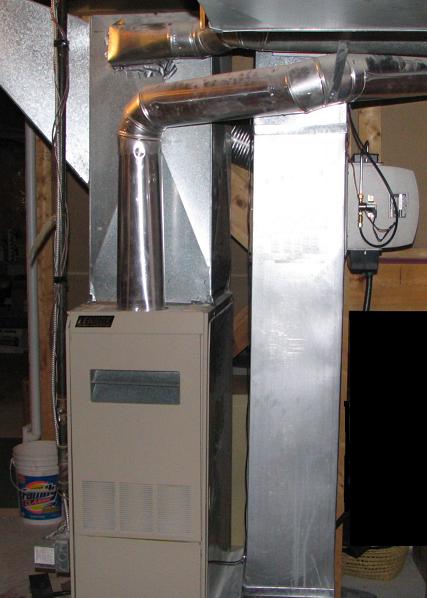- SERVING EDMONTON, ST. ALBERT, SHERWOOD PARK AND THE SURROUNDING AREA
- 780 619 4328
- inquiries@caliberheating.ca
Should You Replace Or Repair Your Furnace System?
Typical Problems Your HVAC System Will Have
August 31, 2016Is your Thermostat Working
September 21, 2016The question of when should you repair your furnace and when you should replace it has to be answered with great thought, covering all aspects of the system. The health and operation of a home furnace is obviously fundamental to your comfort. It is best to get advice from a HVAC technician on your furnace system before deciding to replace or repair it as he would be better acquainted with the surrounding conditions. This would help you make the best informed decision.
Safety first
An old furnace can be a danger to you and your family. It is a no brainer that you should replace your furnace system if there is any safety hazard. For example, in case of a cracked heat exchanger, poisonous carbon monoxide gas could enter into the household air supply. Most of the problems, such as faulty electronics and stuck valves can be repaired, but in case of a problem that presents a major health hazard, the furnace should be replaced.
Lifespan of your furnace system
Most furnaces usually have a lifespan of about 15 to 20 years. It is best to date your systems accordingly. But keep in mind that even after this amount of time span, it is not necessary that your system is useless. The lifespans provided by the manufacturer is calculated as an average. It is possible that some of the systems keep on working efficiently even when it’s said lifespan is over. So it’s best to get your system checked and estimated by a HVAC professional before replacing it if there is no major problem.
Assess the costs
Extensive assessment of cost is also necessary in deciding between replacing and repairing the furnace system. In general, you can follow a simple rule. If the cost of repairing is more that the third of a new furnace system, and if the furnace has already been used for more than three-quarters of its lifespan, consider replacement. It is not really worth spending a large sum of money on an old furnace when you can replace it with a new one.
Check the heating efficiency
The fuel costs are really high these days, and combined with the concern over carbon footprints, you should consider your furnace systems’ efficiency. The Annual Fuel Utilization Efficiency number (AFUE) of a furnace measures the percentage of the fuel that is converted to heat, rather being lost through inefficiencies. A 20-year-old systems probably has an AFUE of about 70%. The minimum AFUE today is 80% and can go high up till 95%. But that kind of efficiency raises the cost of the system substantially.
You should also keep in mind things such as proper installation and proper size of the furnace. You should also talk to your nearest HVAC technician about replacing thermostats in order to increase the efficiency of the furnace. It is very necessary to take the advice of a professional before making this decision. So keeping these things in mind, you should be easily able to decide when should you repair your furnace and when replace it.

